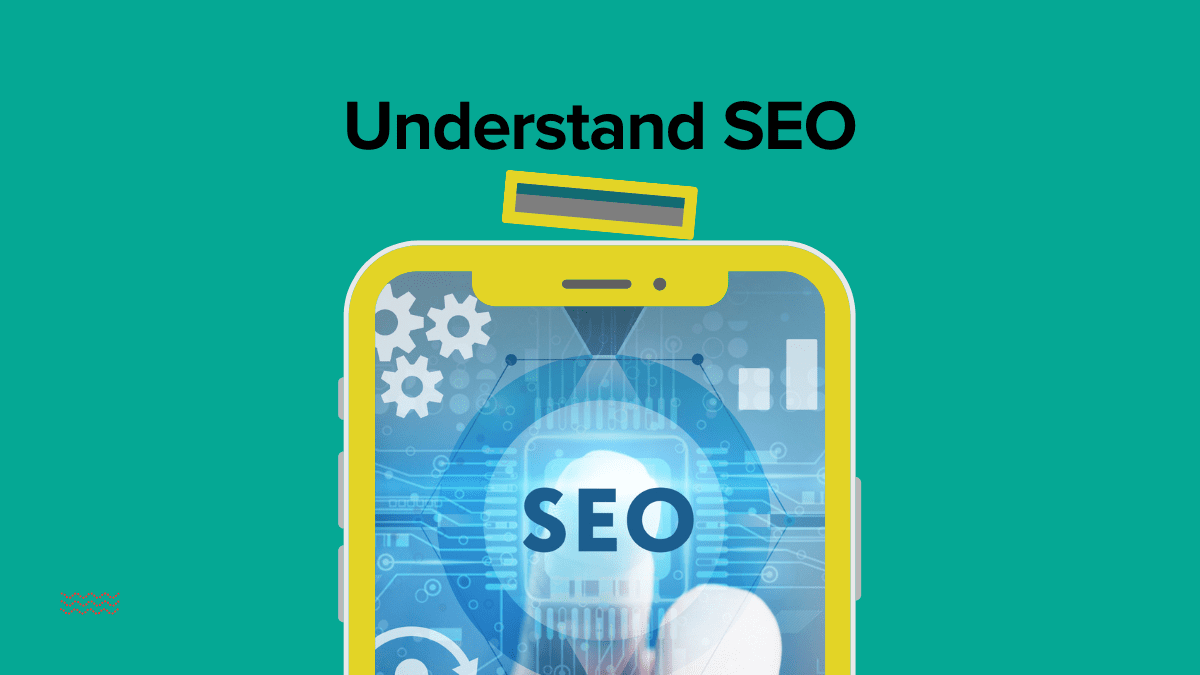One of the biggest frustrations for business owners after launching a new website is that it doesn’t appear on Google as quickly as they expected. Many assume that once a site goes live, SEO will instantly work its magic and start driving visitors and sales. In reality, search engines don’t work that way.
SEO (Search Engine Optimization) is a long-term process. It requires patience, consistent effort, and the right strategies. The good news? Once SEO begins to take effect, it delivers steady, lasting results that are far more valuable than quick wins.
Why SEO Doesn’t Work Overnight
Search engines like Google want to give their users the most relevant and trustworthy results. They don’t rank a site highly until it has proven authority and usefulness — and building that trust takes time.
Here’s why results aren’t immediate:
- New websites need time to be noticed. Google must first discover and index your pages.
- Competition is strong. Many established businesses already have years of authority online.
- Quality signals take time to grow. Google looks at factors like content consistency, backlinks, and user engagement — all of which develop over months, not days.
The SEO Timeline: What to Expect
Every website and industry is different, but most follow a predictable pattern:
- 0–3 months: Your site gets indexed and may appear in search results, usually on later pages. The focus is on technical SEO — speed, mobile-friendliness, and crawlability.
- 3–6 months: You start ranking for long-tail keywords (specific phrases with less competition). For example, instead of ranking for “plumbing services,” you might rank for “24/7 emergency plumber in Lafayette.”
- 6–12 months: Your site gains authority. Rankings improve for more competitive terms, and organic traffic begins to grow steadily.
- 12+ months: With consistent effort, SEO becomes one of your most reliable and cost-effective marketing channels.
How to Tell SEO Is Working
It’s not just about landing on page one. Progress also shows through:
- Increased impressions (your pages appearing more often in search).
- Steady growth in organic traffic month by month.
- More engagement — visitors spending longer on your site or exploring multiple pages.
- Inquiries, calls, or leads directly from organic search.
Strategies That Help SEO Work Faster
While there’s no magic shortcut, these strategies speed up the journey:
- Target long-tail keywords first to capture easier wins.
- Publish high-quality content that answers real customer questions.
- Optimize technical SEO so your site loads fast and works on all devices.
- Leverage local SEO with an optimized Google Business Profile and reviews.
- Build backlinks through partnerships and industry mentions.
- Stay consistent — SEO rewards ongoing effort, not one-time fixes.
Why SEO Is Worth the Wait
Unlike paid ads that stop working when the budget stops, SEO builds lasting visibility. Once your website ranks well, it keeps bringing in traffic, leads, and sales without ongoing ad spend.
That’s why patience is essential. The early months may feel slow, but every step — from fixing technical issues to publishing content — lays the foundation for long-term growth.
So, how long does SEO take? For most websites, expect early progress in 3–6 months, stronger rankings within 6–12 months, and long-term authority after that.
Think of SEO as an investment, not a quick fix. With the right strategies and consistent effort, your website becomes a powerful marketing asset that attracts the right customers, builds trust, and drives steady business growth.
SEO takes time, but the right partner makes all the difference. Contact us now to start building your long-term digital success with Stratinuity.




